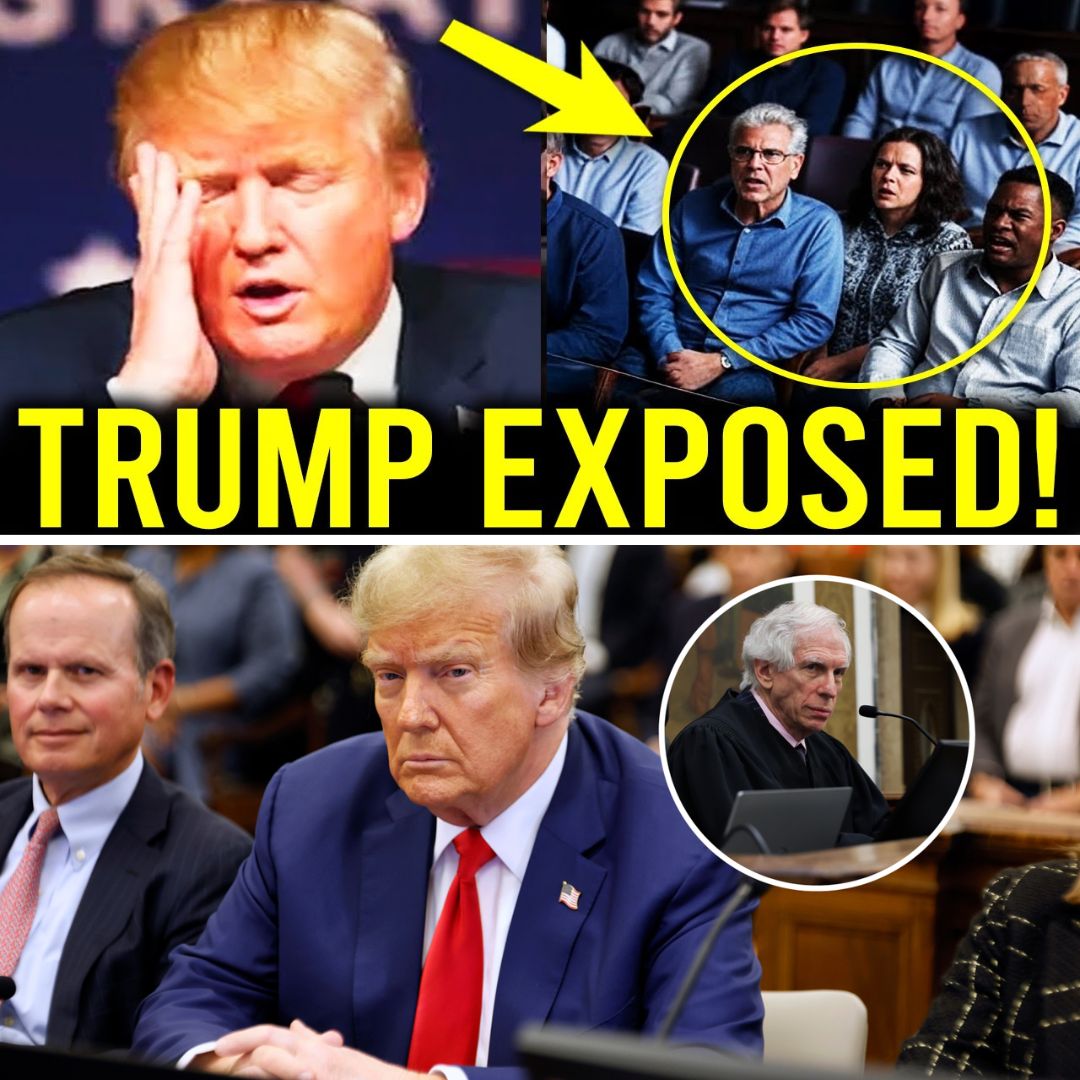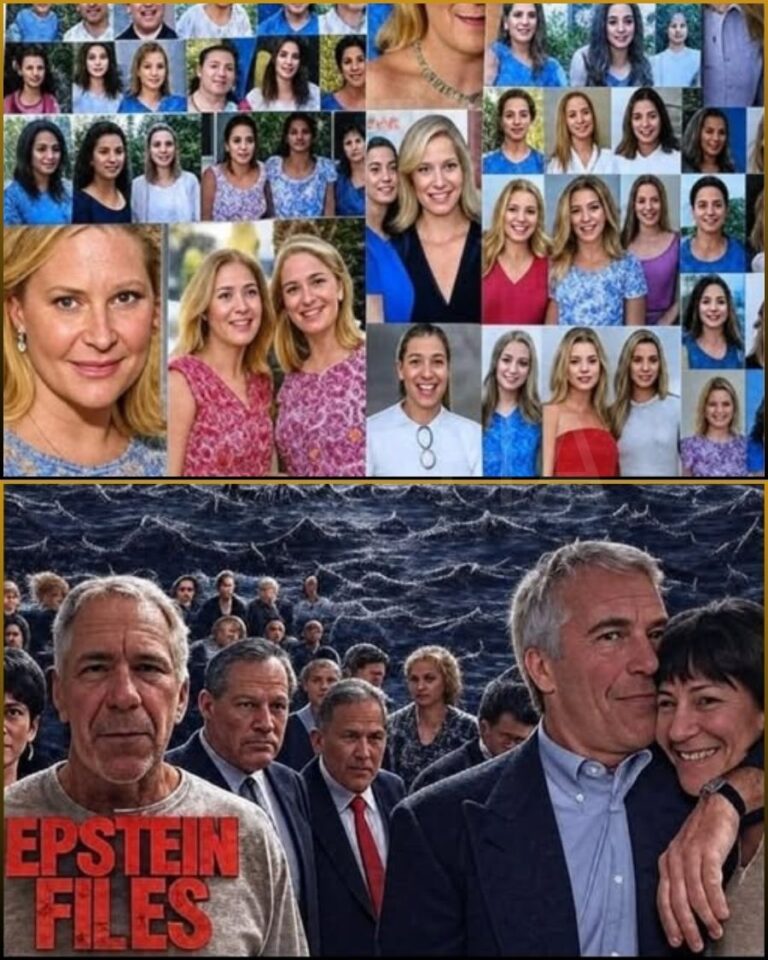Courtroom ERUPTS as Judge Reveals Trump Attempted Self-Pardon
 In a stunning revelation that has sent shockwaves through the legal community and beyond, a federal courtroom erupted in chaos today as Judge Colleen Keratelli disclosed that former President Donald Trump may have attempted to pardon himself. This unprecedented situation raises alarming questions about presidential power and accountability, igniting a firestorm of debate over the very fabric of American democracy.
In a stunning revelation that has sent shockwaves through the legal community and beyond, a federal courtroom erupted in chaos today as Judge Colleen Keratelli disclosed that former President Donald Trump may have attempted to pardon himself. This unprecedented situation raises alarming questions about presidential power and accountability, igniting a firestorm of debate over the very fabric of American democracy.
The courtroom drama unfolded as legal experts and attorneys grappled with the implications of Trump’s actions. The atmosphere was electric, with emotions running high as discussions turned to the legitimacy of a self-pardon—an issue that has never been definitively addressed by the Supreme Court. “This isn’t just a legal detail; it’s a constitutional crisis,” one attorney exclaimed, capturing the urgency of the moment.
Earlier today, President Joe Biden tweeted that while he has no plans to pardon himself, he believes he has the right to do so. “I have the absolute right to pardon myself, but why would I do that when I have done nothing wrong?” he stated, igniting further outrage and confusion. The former president’s tweets from 2018, where he claimed the same right, resurfaced, intensifying scrutiny over his potential actions.
The courtroom erupted again as Judge Keratelli made it clear that no amount of pardons could erase the truth of January 6, 2021. “The record is immutable,” she declared, firmly rejecting any notion that Trump’s self-pardoning could rewrite history. “What happened on January 6th happened, and no legal contortions can change that,” she added, emphasizing the seriousness of the situation.

Legal experts are sharply divided on whether a president can pardon themselves. Some argue the Constitution grants expansive powers, while others warn that such an action could undermine the rule of law, effectively turning the presidency into a dictatorship. “If this self-pardon is allowed, it sets a terrifying precedent for future leaders,” warned one constitutional scholar.
As the courtroom proceedings unfolded, speculation mounted over whether Trump had secretly included his name on the pardon list. The implications of such a move could be catastrophic, leading to a significant shift in how presidential powers are perceived and exercised. “We are witnessing a critical moment in American history,” one analyst noted, highlighting the urgency of the debate.
Trump’s recent spree of pardons for individuals involved in the January 6 insurrection has already drawn widespread condemnation. Critics argue that he is attempting to rewrite history by labeling those convicted of violent crimes as “patriots.” “This is a dangerous game,” warned one judge, expressing concern over the normalization of such actions.
As the legal battle unfolds, the nation watches closely. Will the judiciary be able to uphold the rule of law, or will the boundaries of presidential power continue to blur? The stakes have never been higher, and the implications of this courtroom drama could reverberate for generations to come.
In a moment that could define a presidency and reshape the future of American governance, the question looms large: Can a president truly pardon themselves? As we await further developments, one thing is clear—the fight for accountability and the integrity of our democracy is far from over. The world is watching, and the outcome could change everything.






